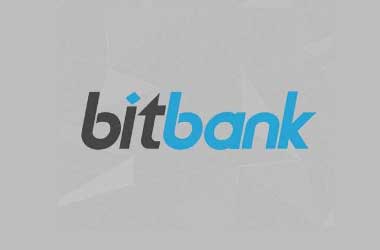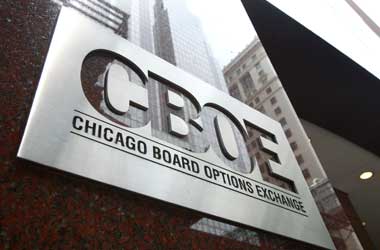 Bitbank, one of the 16 fully-licensed Japanese cryptocurrency exchanges, is willing to borrow Bitcoin from its clients, in return for a pre-determined rate of interest. After GMO, this is the second cryptocurrency exchange in Japan to borrow cryptocurrencies.
Bitbank, one of the 16 fully-licensed Japanese cryptocurrency exchanges, is willing to borrow Bitcoin from its clients, in return for a pre-determined rate of interest. After GMO, this is the second cryptocurrency exchange in Japan to borrow cryptocurrencies.
The minimum borrowing period is 12 months. The cryptocurrency exchange will conduct a “recruitment month” for interested customers to apply for the program. The loan period will begin from the following month. For example, if Bitbank conducts recruitment in May 2018, then the loan period will be from June 2018 to May 2019. Only members of Bitbank can participate in the program. As of date, Bitbank will only accept Bitcoin. However, Bitbank plans to add other cryptocurrencies such as Ripple, Ether, Litecoin, Bitcoin Cash, and Mona coin in the future.
Bitbank will pay up to 5% as interest, dubbed ‘usage fee’, in cryptocurrency for borrowing cryptocurrencies. When a customer of Bitbank opts for virtual currency lending service, the cryptocurrency remain locked during the entire loan period. So, the cryptocurrency cannot be sold or transferred. Only when the loan period is elapsed or returned by Bitbank, the customer will be able to sell or transfer the cryptocurrency.
The usage fee paid by Bitbank depends on the quantity of cryptocurrency loaned by an individual to the exchange. Bitbank intends to pay 3% for quantities less than 5 BTC, 4% for more than 5 BTC but less than 10 BTC, and 5% for more than 10 BTC.
A client is bound to lose 5%, including taxes, if contract is cancelled half-way mark. Notably, GMO, which is also a fully-licensed cryptocurrency exchange, was the first to launch such a plan in April. GMO, which initially accepted only Bitcoin, has already extended its plan earlier this month to cover cryptocurrencies such as BCH, ETH, XRP, and LTC. While Bitbank borrows for a minimum period of one year, GMO has offered a 90 day plan for Bitcoin and 150 day borrowing plan for other cryptocurrencies. GMO is also willing to borrow as much as 100 BTC for its 5% scheme.

 United States
United States United Kingdom
United Kingdom















